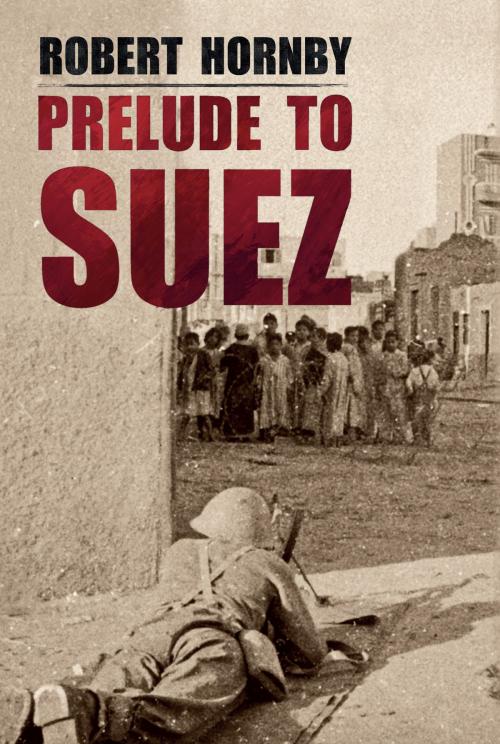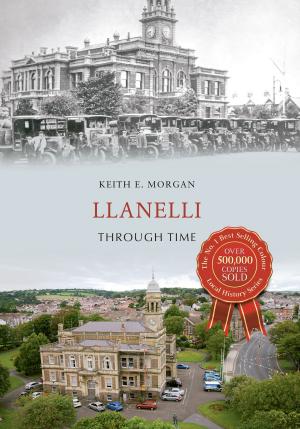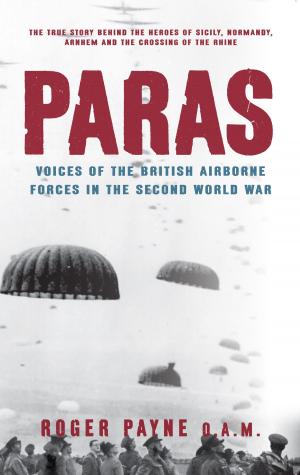| Author: | Colonel Robert Hornby | ISBN: | 9781445620336 |
| Publisher: | Amberley Publishing | Publication: | May 15, 2010 |
| Imprint: | Amberley Publishing | Language: | English |
| Author: | Colonel Robert Hornby |
| ISBN: | 9781445620336 |
| Publisher: | Amberley Publishing |
| Publication: | May 15, 2010 |
| Imprint: | Amberley Publishing |
| Language: | English |
In January 1952 Cairo burned in a wave of insurgency. Three months earlier, the Anglo-Egyptian Treaty of 1936 had been abrogated, leading to the withdrawal of all British military personnel from the city to the Canal Zone base at Suez. Colonel Robert Hornby was already committed as the press spokesman for the British Army and chose to stay in Cairo. Without diplomatic immunity and vulnerable to arrest, Hornby endeavoured to respond to the demands of the international press and squash the outrageous claims of propagandist Egyptian newspapers. He set up a secret, and highly illegal, line of communication to the garrison switchboard at Ismalia to allow journalists to subvert the censorship imposed on correspondence sent via cable and wireless, their only means of reporting to their newspapers. Hornby's non-diplomatic status led to his attempted arrest by Egyptian police, but he escaped with his family to Cyprus. He soon returned to Egypt with a Foreign Office diplomatic passport and valid Egyptian entry visa as an assistant military attache at the British Embassy in Cairo. During his years in Egypt he witnessed the abdication of King Farouk and the rise and fall of General Neguib. Hornby's close contact with the press, his friendship with Anwar Sadat, future prime minister of Egypt, and his links with both army and embassy combine to give a unique and fascinating account of the period, set against the inevitable strains of living in a volatile country with a wife and children.
In January 1952 Cairo burned in a wave of insurgency. Three months earlier, the Anglo-Egyptian Treaty of 1936 had been abrogated, leading to the withdrawal of all British military personnel from the city to the Canal Zone base at Suez. Colonel Robert Hornby was already committed as the press spokesman for the British Army and chose to stay in Cairo. Without diplomatic immunity and vulnerable to arrest, Hornby endeavoured to respond to the demands of the international press and squash the outrageous claims of propagandist Egyptian newspapers. He set up a secret, and highly illegal, line of communication to the garrison switchboard at Ismalia to allow journalists to subvert the censorship imposed on correspondence sent via cable and wireless, their only means of reporting to their newspapers. Hornby's non-diplomatic status led to his attempted arrest by Egyptian police, but he escaped with his family to Cyprus. He soon returned to Egypt with a Foreign Office diplomatic passport and valid Egyptian entry visa as an assistant military attache at the British Embassy in Cairo. During his years in Egypt he witnessed the abdication of King Farouk and the rise and fall of General Neguib. Hornby's close contact with the press, his friendship with Anwar Sadat, future prime minister of Egypt, and his links with both army and embassy combine to give a unique and fascinating account of the period, set against the inevitable strains of living in a volatile country with a wife and children.















